Probiotics and prebiotics — you can’t have one without the other!
"Probiotic", translates to "for life" in Latin, and is the name given to beneficial bacteria in our body. Believe it or not, our intestines are home to over 100 trillion bacteria — and these beneficial and harmful bacteria together form our intestinal flora.
The main task of probiotics a.k.a “the good bacteria” is to regulate the balance of good and bad bacteria and to create an environment where the beneficial bacteria can multiply. While this balance helps to support our gut health, it is also in turn key for our immune system and overall health.
Imbalance in the gut’s microbiome can lead to digestive issues, as well as many other potential effects which can be felt throughout the body — from feelings of fatigue to depression, thyroid dysfunction, autoimmunity, and a host of skin conditions. Factors such as modern eating habits, air pollution and antibiotic use disrupt this delicate balance and as a result, external probiotic support may be advised.
So, what are prebiotics?
Prebiotic foods are food components that promote the growth and activation of probiotic bacteria. In other words, prebiotics are essential to get more benefits from probiotics. Prebiotics, which feed and activate the good bacteria in our gut, act as food for probiotics, while also helping to provide an environment where they can multiply exponentially!
Prebiotic foods include:
● Fresh and Dried Fruits: Olives, bananas, grapes, strawberries, apples
● Vegetables: Leek, okra, artichoke, celery, tomato, onion, garlic, chicory, asparagus, mustard plant
● Dry Legumes: Beans, lentils, peas, chickpeas
● Whole Grains: Whole wheat, oats, buckwheat, barley, whole wheat rice
● Oil Seeds: Pecans, almonds, hazelnuts, flax seeds, chia
To make digestive health easier for you and the family – especially when you are on-the-go – our Sunny Fruit Organic Dried Apricots, Organic Dried Figs as well as Organic Fig & Wallnut Balls (that also include probiotics!) all have a special prebiotic ingredient added: chicory root fiber.
Famous for its health benefits, this ancient root is a type of inulin (soluble fiber) sourced from the roots of chicory plants. Its slightly nutty and woody taste works well in a wide range of foods and comes with a variety of gut benefits. From supporting digestion to reducing unhealthy cholesterol levels, as well as providing a great source of potassium that helps with muscle recovery, especially after an intense workout, chicory root fiber is an excellent source of prebiotics.
Back to probiotics!
So, how do these living microorganisms benefit our body? Let’s take a look!
● Helps to support the digestive system.
Studies have observed that probiotic consumption is good for various bowel diseases such as irritable bowel syndrome, leaky bowel syndrome, ulcerative colitis and Crohn's disease and supports the regulation of digestive disorders caused by excessive antibiotic consumption.
● Helps to support the reduction of allergy symptoms.
According to the article published in the March 2017 issue of The American Journal of Clinical Nutrition, it was noted that the test group consuming probiotics during allergy season showed less symptoms than the non-consuming group. Researchers have observed that this may be linked to the immune system-enhancing properties of probiotics.
● Helps to support the reduction of arthritis symptoms.
In a study conducted by Nutrition publication in 2014, it was noted that the rheumatoid arthritis group, who used probiotics regularly for eight weeks, had lower blood inflammation indicators than the group who did not.
● Helps to support the regulation of blood pressure.
According to research conducted on 543 adults published in the journal Hypertension, it has been observed that regular probiotic consumption supports the reduction of large and small blood pressure.
● Helps to support the management of stress, anxiety and depression.
According to a study published in Scientific Reports in 2017, it has been observed that probiotics are effective in reducing stress as well as an amino acid that is a depression marker in bloodwork — associated with the probiotic ratio in the intestine.
● Helps to support weight management.
In a study published in International Journal of Food Sciences and Nutrition in 2016, a significant decrease was noted in the weight and body mass index of the overweight test group after 8 weeks of regular probiotic consumption. It has been observed that probiotics that slow down the absorption of fat increase the secretion of GLP-1, the appetite-lowering hormone.
Reference:
The Benefits of Probiotics: Using Good Bacteria For Better Health, Harvard Health Publishing E-book
"Probiotic", translates to "for life" in Latin, and is the name given to beneficial bacteria in our body. Believe it or not, our intestines are home to over 100 trillion bacteria — and these beneficial and harmful bacteria together form our intestinal flora.
The main task of probiotics a.k.a “the good bacteria” is to regulate the balance of good and bad bacteria and to create an environment where the beneficial bacteria can multiply. While this balance helps to support our gut health, it is also in turn key for our immune system and overall health.
Imbalance in the gut’s microbiome can lead to digestive issues, as well as many other potential effects which can be felt throughout the body — from feelings of fatigue to depression, thyroid dysfunction, autoimmunity, and a host of skin conditions. Factors such as modern eating habits, air pollution and antibiotic use disrupt this delicate balance and as a result, external probiotic support may be advised.
So, what are prebiotics?
Prebiotic foods are food components that promote the growth and activation of probiotic bacteria. In other words, prebiotics are essential to get more benefits from probiotics. Prebiotics, which feed and activate the good bacteria in our gut, act as food for probiotics, while also helping to provide an environment where they can multiply exponentially!
Prebiotic foods include:
● Fresh and Dried Fruits: Olives, bananas, grapes, strawberries, apples
● Vegetables: Leek, okra, artichoke, celery, tomato, onion, garlic, chicory, asparagus, mustard plant
● Dry Legumes: Beans, lentils, peas, chickpeas
● Whole Grains: Whole wheat, oats, buckwheat, barley, whole wheat rice
● Oil Seeds: Pecans, almonds, hazelnuts, flax seeds, chia
To make digestive health easier for you and the family – especially when you are on-the-go – our Sunny Fruit Organic Dried Apricots, Organic Dried Figs as well as Organic Fig & Wallnut Balls (that also include probiotics!) all have a special prebiotic ingredient added: chicory root fiber.
Famous for its health benefits, this ancient root is a type of inulin (soluble fiber) sourced from the roots of chicory plants. Its slightly nutty and woody taste works well in a wide range of foods and comes with a variety of gut benefits. From supporting digestion to reducing unhealthy cholesterol levels, as well as providing a great source of potassium that helps with muscle recovery, especially after an intense workout, chicory root fiber is an excellent source of prebiotics.
Back to probiotics!
So, how do these living microorganisms benefit our body? Let’s take a look!
● Helps to support the digestive system.
Studies have observed that probiotic consumption is good for various bowel diseases such as irritable bowel syndrome, leaky bowel syndrome, ulcerative colitis and Crohn's disease and supports the regulation of digestive disorders caused by excessive antibiotic consumption.
● Helps to support the reduction of allergy symptoms.
According to the article published in the March 2017 issue of The American Journal of Clinical Nutrition, it was noted that the test group consuming probiotics during allergy season showed less symptoms than the non-consuming group. Researchers have observed that this may be linked to the immune system-enhancing properties of probiotics.
● Helps to support the reduction of arthritis symptoms.
In a study conducted by Nutrition publication in 2014, it was noted that the rheumatoid arthritis group, who used probiotics regularly for eight weeks, had lower blood inflammation indicators than the group who did not.
● Helps to support the regulation of blood pressure.
According to research conducted on 543 adults published in the journal Hypertension, it has been observed that regular probiotic consumption supports the reduction of large and small blood pressure.
● Helps to support the management of stress, anxiety and depression.
According to a study published in Scientific Reports in 2017, it has been observed that probiotics are effective in reducing stress as well as an amino acid that is a depression marker in bloodwork — associated with the probiotic ratio in the intestine.
● Helps to support weight management.
In a study published in International Journal of Food Sciences and Nutrition in 2016, a significant decrease was noted in the weight and body mass index of the overweight test group after 8 weeks of regular probiotic consumption. It has been observed that probiotics that slow down the absorption of fat increase the secretion of GLP-1, the appetite-lowering hormone.
Reference:
The Benefits of Probiotics: Using Good Bacteria For Better Health, Harvard Health Publishing E-book

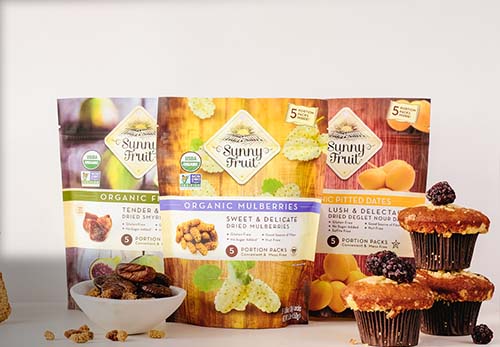
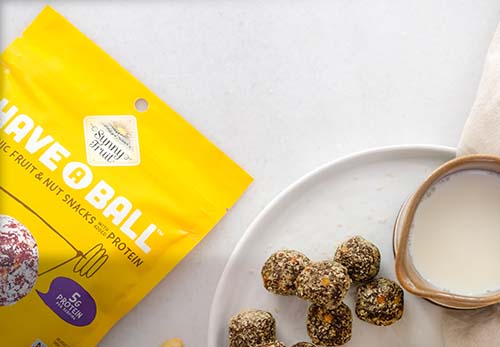
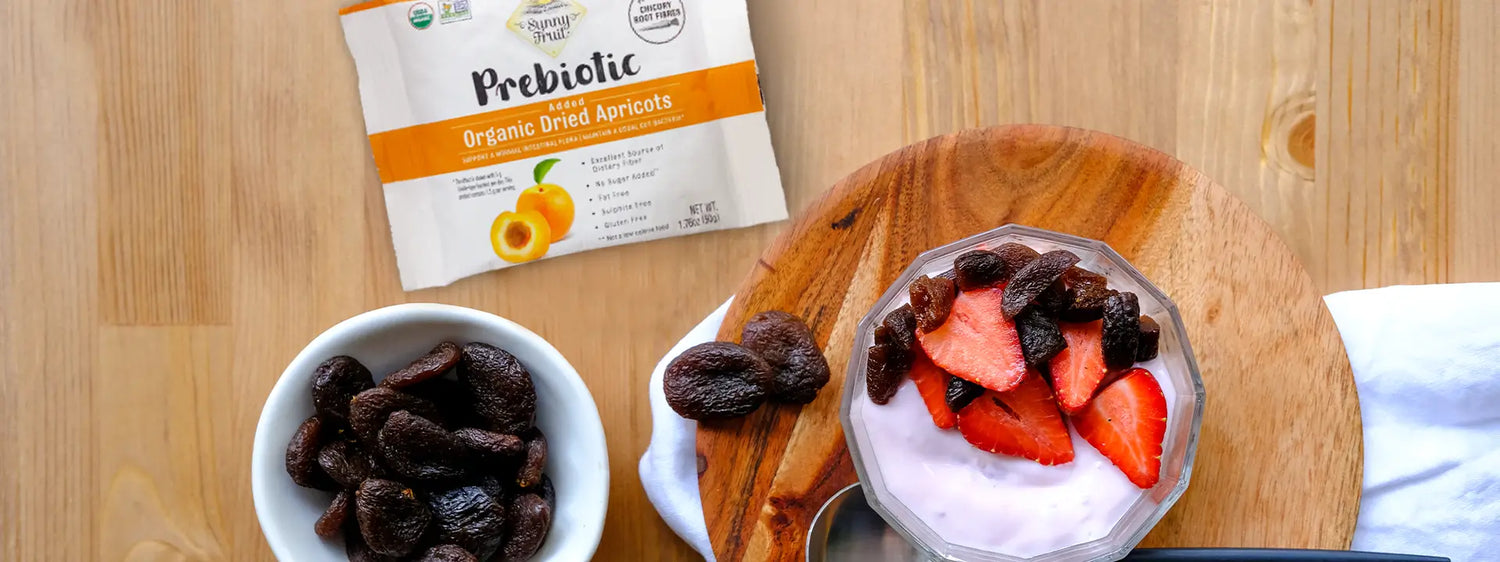
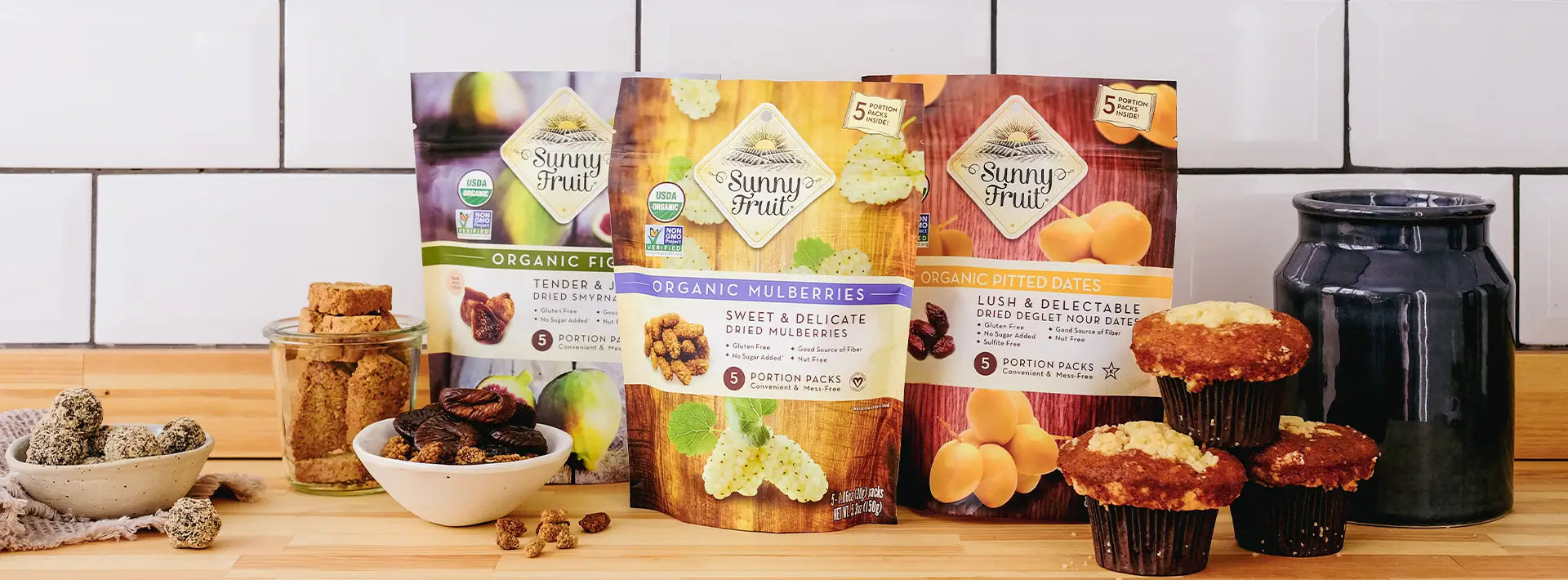
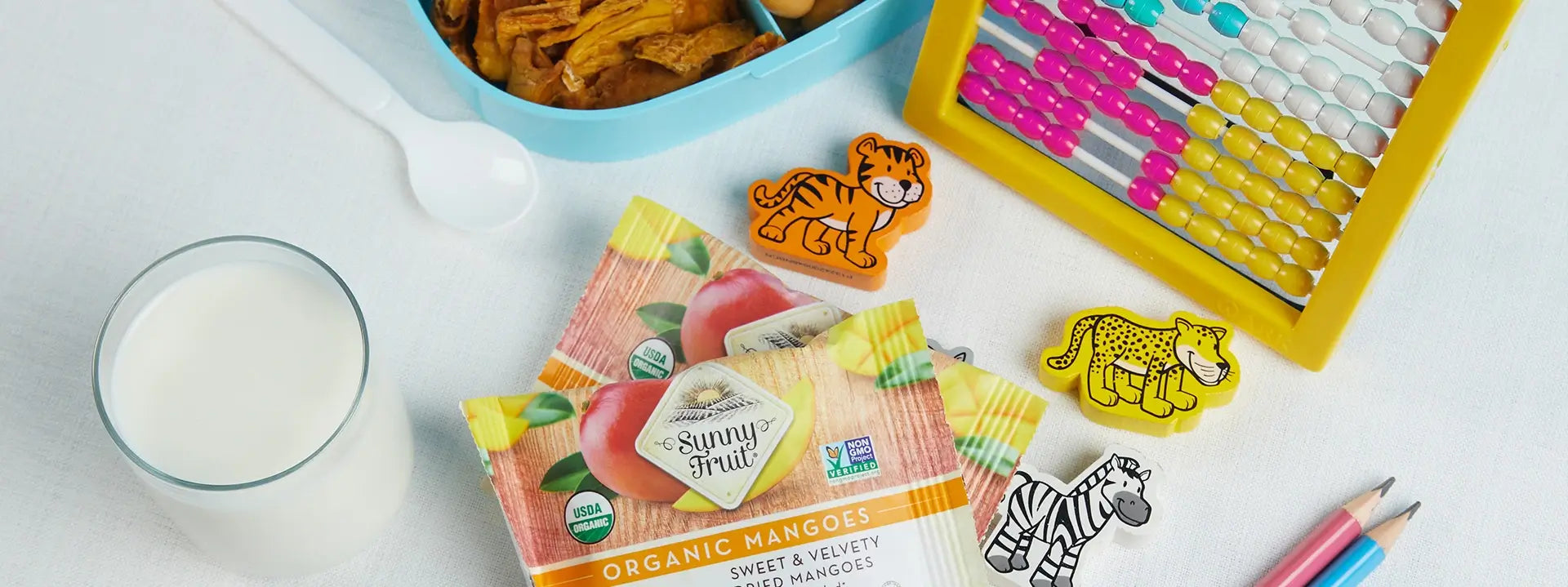
Leave a comment
This site is protected by reCAPTCHA and the Google Privacy Policy and Terms of Service apply.